New NATO Secretary General Mark Rutte has indicated that the alliance is reassessing its long-term relationship with Russia, a move that could shape NATO’s strategic posture for years to come.
Speaking to reporters ahead of a key NATO defence ministers meeting in Brussels, Rutte highlighted the need for a careful, step-by-step approach in dealing with Russia, especially as the war in Ukraine rages on.
Addressing the assembled journalists, Rutte reflected on how far relations have deteriorated since the days when NATO and Russia would meet at summits. He referenced his first NATO summit in Portugal, where then-Russian President Dmitry Medvedev attended alongside NATO leaders. Those days, he made clear, are long gone.
“When I had my first NATO summit in Portugal, we had President Medvedev who was then President,” Rutte told reporters. “Those days are far behind, that will not happen in the near or distant future. I am convinced.”
This stark statement underscores NATO’s shifting stance toward Russia, which it no longer views as a partner. The focus now, as Rutte outlined, is on ensuring Russian President Vladimir Putin does not achieve his goals in Ukraine. However, NATO is already preparing to craft a new approach to its relationship with Russia beyond the current conflict.
Rutte explained that NATO’s immediate priority is making sure Ukraine can defend itself and that Putin’s aggression is met with a united and steadfast response. He reiterated NATO’s commitment to Ukraine, stating that the alliance would continue to support the country for as long as necessary. This approach sends a clear message to Russia that NATO’s resolve will not waver.
“Short term is clear: making sure that Putin does not get his way in Ukraine, but also for the longer term, there are questions to be answered,” Rutte said.
However, the Secretary General stressed that NATO’s relationship with Russia is a broader issue that will need to be addressed over time, likely taking centre stage at upcoming meetings, including the NATO foreign ministers meeting later this year and next summer’s NATO summit in The Hague.
“There are questions to be answered, and as Secretary General I don’t want to pre-empt that debate, but it is ongoing, and rightly so, because this is a relationship we really have to carve out for the long term,” he told the gathered reporters.
The NATO Secretary General stopped short of labelling Russia an enemy but suggested that the alliance is moving away from any hopes of future partnership. He hinted that NATO leaders will need to decide what Russia represents to the alliance—a competitor, an adversary, or something else entirely.
Rutte’s comments set the stage for ongoing discussions within NATO about its future relationship with Russia. As the war in Ukraine continues to reshape the global security landscape, the alliance must now look beyond the current conflict and prepare for how it will engage with a weakened but still formidable Russia in the years ahead.


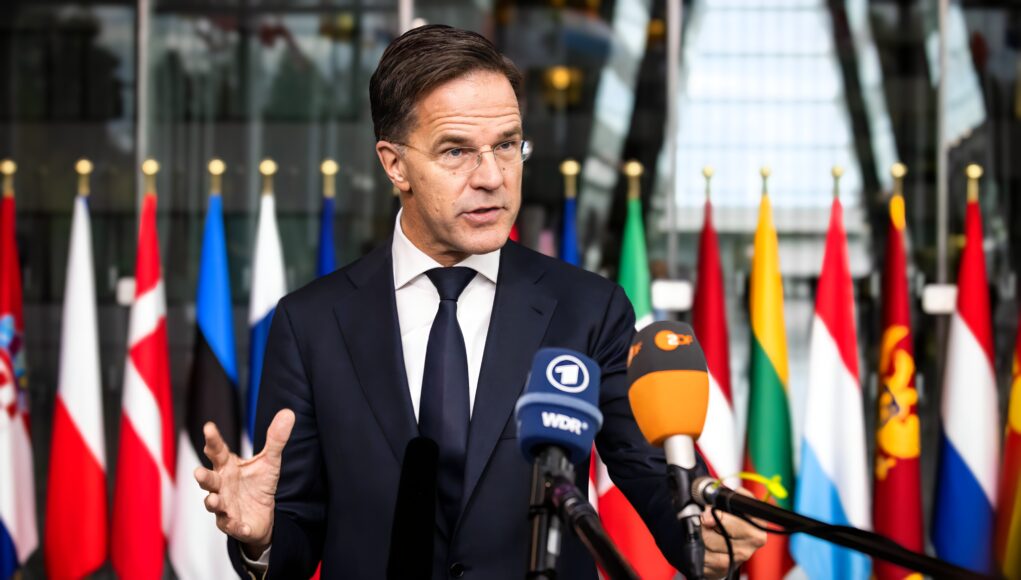

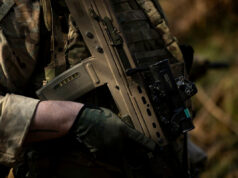
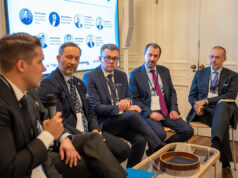
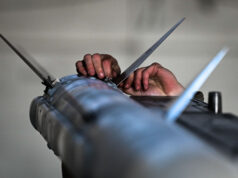
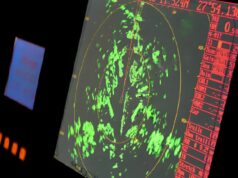
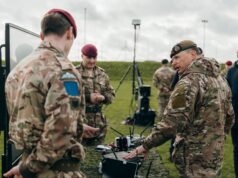
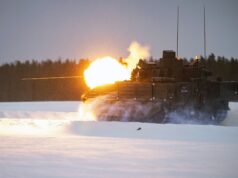
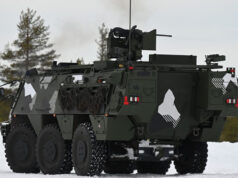

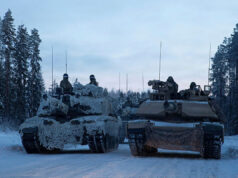

Our intelligence services should start focusing on breaking up Russia, it’s too big and dangerous an entity to have on Europes boarder.
What a fcuking stupid comment. Do you ever engage your brain before you put your mouth in gear?
Wow. Who are you Jim? Hitler or Napoleon in disguise?
We have to start giving serious thought about countering the actual existing, but longer term involvement of North Korean troops operating in the cause of Russia. All these Countries that supposedly hate Imperialism are eager to take part in their own version of it Iran is another threat in this regard and who knows what potential non European forces might take part longer term in our backyard.